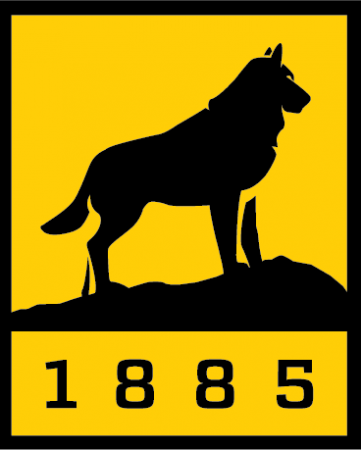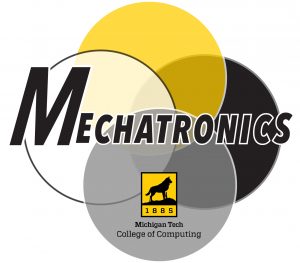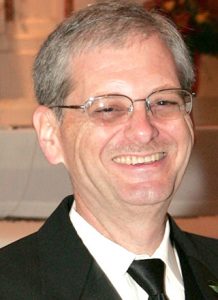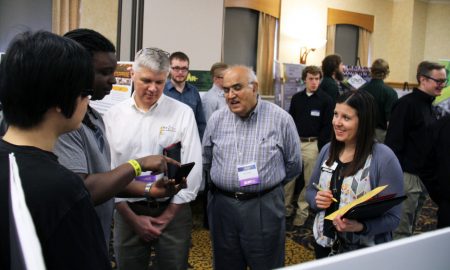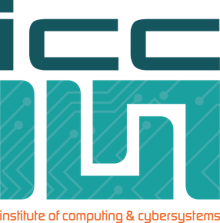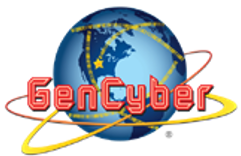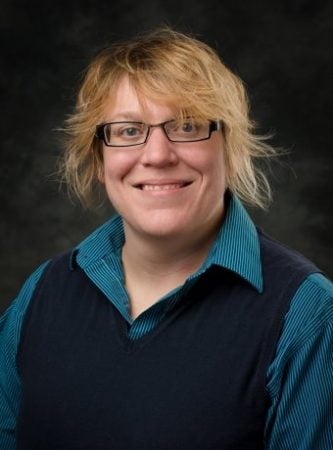Three Minute Thesis (3MT) competition, hosted by the Graduate Student Government, will take place virtually tomorrow (Nov. 5). Come join us on an eventful day where research meets fun.
Participants are judged on their communication and presentation skills, while delivering content in just three minutes with one static PowerPoint slide.
You can watch the participants’ videos online on GSG’s 3MT website starting at 9 a.m. tomorrow.
With 28 participants and 4 different heats, 8 finalists will be chosen for the final rounds. The judging panel consists of 3 different faculty/staff from different majors. The names of the finalists will be declared by Noon.
The contestants qualifying for the next round will compete against each other from 6 to 8 p.m. Friday (Nov. 6) in the Rozsa Center for Performing Arts.
There will be a limit of 200 patrons who can be seated in the Rozsa center to adhere to social distancing guidelines. The seating will be on a first-come-first-served basis. The event will also be streamed live on GSG’s Facebook page.
Join us in-person or virtually to enjoy the event and choose a ‘People’s Choice’ award winner. The first and second place winners will receive cash prizes of $300 and $150 respectively. Additionally, a People’s Choice (PC) award will be given to a speaker selected by the event’s audience, with a cash prize of $100. A Facebook poll and in-person voting will happen to choose this speaker.
